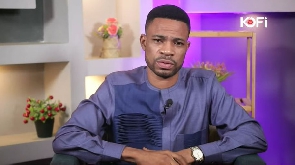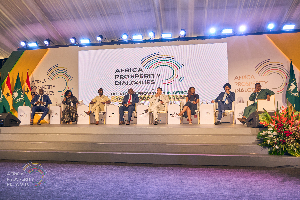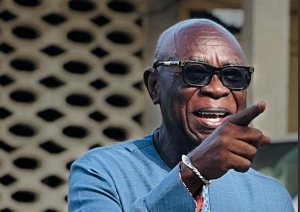The screening of Ministers-designate enables parliament to assess nominees and ascertain their ability to perform the roles to which they have been assigned, political scientist Dr Mohammed Abass has said.
Dr Abass’ remarks come on the back of recent criticism of parliament’s Appointments Committee by some Ghanaians who have said the quality of questions posed to President Akufo-Addo’s nominees who have appeared before it leaves much to be desired, with some questioning the relevance of the entire process.
But the academic explained that given that nominees have been appointed to man sensitive positions of state, there would be the need for parliament, acting on behalf of Ghanaians, to probe the suitability of such appointees for office, with regards to their competence and moral conduct.
“So, the committee’s role is to determine all those things in order to, at the end of the day, get people who serve in the interest of the nation. So, from that angle, it is important. Even when a private company seeks employees to occupy positions, the applicant has to go through an interview. Thus, the interview will determine, to a large extent, if the applicant is the right person for the job or not,” said Dr Abass, who lectures in political science at KNUST.
“The vetting committee also operates on that philosophy. Therefore, if there is a problem, then probably the type of question they are asking and the way they ask it may be the areas we will have to re-examine and improve, but the work of the vetting committee is very vital to governance.”
Six ministerial nominees of President Akufo-Addo have so far been vetted by parliament. These are Senior Minister-designate Yaw Osafo Marfo, National Security Minister-designate Albert Kan-Dapaah, Defence Minister-designate Dominic Nitiwul, Finance Minister nominee Ken Ofori-Atta, Interior Minister-designate Ambrose Dery, and Attorney General and Justice Minister-designate Gloria Akuffo.
The Appointments Committee resumes vetting on Monday January 23.
General News of Monday, 23 January 2017
Source: classfmonline.com
Vetting of ministers still relevant – Mohammed Abass
Entertainment
















